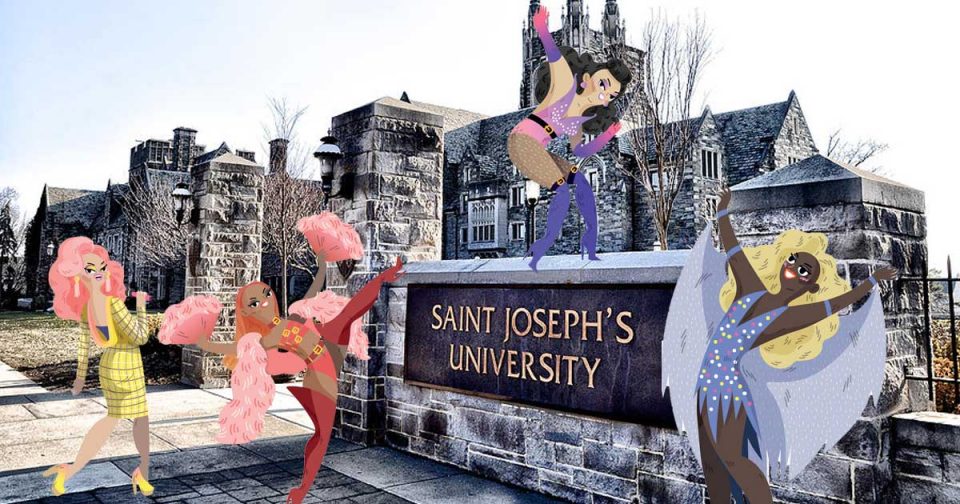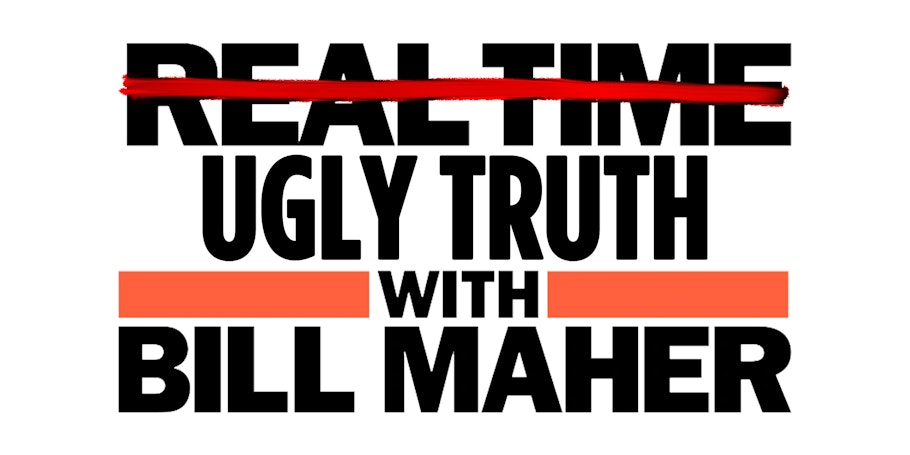Leading U.S. Exorcist: Catholic Church Sex Abuse Scandal Is Demonic, Likely to Get Worse
September 10, 2018Anna Abbott: Glamorous or Glowering, Socialism Ruins Families and Nations
September 10, 2018
By Phil Lawler, Catholic Culture, Sept. 05, 2018
 At several points in his bombshell testimony, Archbishop Vigano explained where the corroborating evidence could be found: in files at the Vatican or the offices of the apostolic nuncio. If those files are made public—or even vetted by a reliable, objective investigator—we would all soon know whether the archbishop’s remarkable account is accurate.
At several points in his bombshell testimony, Archbishop Vigano explained where the corroborating evidence could be found: in files at the Vatican or the offices of the apostolic nuncio. If those files are made public—or even vetted by a reliable, objective investigator—we would all soon know whether the archbishop’s remarkable account is accurate.
But while we wait for the Vatican to open those files (and since we realize we might wait forever), all we can do is compare the claims of Archbishop Vigano with what we do know. The more closely they match, the more plausible the archbishop’s witness appears.
Even someone who is inclined to believe the testimony of Archbishop Vigano (as I am) must acknowledge that on several points, his account of the McCarrick scandal seems—at first glance, at least—inconsistent with known facts. In each case, there is a possible explanation for that inconsistency. Let’s take a look at those problem areas, and see if the explanations match what we know about the people involved.
Inconsistency #1: the “secret sanctions”
-
Archbishop Vigano reports that Pope Benedict XVI restricted McCarrick’s ministry. But there is no public evidence of any such disciplinary action.
-
Explanation: Pope Benedict imposed the restrictions secretly.
-
Is that explanation consistent with Pope Benedict’s track record? Yes.
Earlier in his pontificate, Pope Benedict had restricted Father Marcial Maciel to a life of prayer and penance, but made no announcement of that action. The disciplinary action became public knowledge only after the fact. McCarrick was already retired, so there was no need to remove him from office; he could simply have been ordered to keep a low profile.
Inconsistency #2: McCarrick’s public appearances
-
In fact, McCarrick did not keep a low profile. He did move out of a seminary, and at least one major appearance was cancelled. But he appeared at many other public events.
-
Explanation: McCarrick simply ignored the Pope’s directives.
-
Is that explanation consistent with the former cardinal’s track record? Yes.
In 2004, when the US bishops were engaged in a heated debate about whether politicians who promote abortion should be allowed to receive Communion, Cardinal McCarrick—who had been appointed to chair a special committee on the subject—reported that then-Cardinal Ratzinger had said, in a private letter, that individual bishops should decide the question for their own dioceses. In fact, the letter from Cardinal Ratzinger had stated quite clearly that pro-abortion politicians should be denied the Eucharist. In 2009, at a burial service for Senator Ted Kennedy, McCarrick read a laudatory letter from the Vatican Secretary of State, deliberately creating the impression that it was a message from Pope Benedict, who in fact had studiously avoided any public comment. Clearly the American prelate was willing to flout the wishes of Pope Benedict.
Inconsistency #3: The lack of enforcement
-
Although he reports that he told Washington’s Cardinal Wuerl not to allow public appearances by McCarrick, Archbishop Vigano apparently did not enforce any papal sanctions. In fact he himself appeared at public events along with McCarrick.
-
Explanation: As an archbishop, Vigano did not have the authority to issue orders to a cardinal. And as papal nuncio, he reported to the Vatican Secretary of State. Archbishop Vigano reports that the Secretariat of State protected McCarrick.
-
Is that explanation consistent with the track record of the Secretariat of State? Yes.
Particularly under Cardinal Angelo Sodano, the Secretariat of State was notorious for protecting Father Maciel. Like Maciel, McCarrick was an extremely successful fundraiser, who used his prowess to curry favor with the most powerful Vatican officials. Although Cardinal Sodano had retired by the time McCarrick was reportedly disciplined, he remained influential, and according to Archbishop Vigano his successor, Cardinal Tarcisio Bertone, took a similar line.
Inconsistency #4: The Pope’s reliance on McCarrick
-
Archbishop Vigano says that he warned Pope Francis about McCarrick’s corruption. But Pope Francis made the American prelate a trusted counselor.
-
Explanation: At the time, McCarrick was charged with targeting seminarians, who were legal adults. (Only recently have complaints involving minors emerged.) Pope Francis may not have thought that homosexual activity with adult partners should disqualify a cleric from high office.
-
Is that explanation consistent with the Pope’s track record? Yes.
In 2013, the Pope appointed Msgr. Battista Ricca to a very sensitive post, making him prelate to the Vatican bank, the Institute for Religious Works (IOR), at a time when the IOR was under heavy criticism. When he was questioned about Msgr. Ricca’s background, which included notorious homosexual escapades, the Pope issued his famous rhetorical question: “Who am I to judge?” The Pope drew a sharp distinction between consensual sexual activities—“They are not crimes, right?”—and sex with minors—“Crimes are something different; the abuse of minors is a crime.”
Is it conceivable that the Vicar of Christ thought that a man who had seduced his seminarians should be freed from restrictions—and not only forgiven, but trusted as an adviser? That is the essence of Archbishop Vigano’s testimony. Unfortunately, the available facts give us no reason to dismiss the charge.
_________________________
Phil Lawler has been a Catholic journalist for more than 30 years. He has edited several Catholic magazines and written eight books. Founder of Catholic World News, he is the news director and lead analyst at CatholicCulture.org. See full bio.
https://www.catholicculture.org/commentary/otn.cfm?id=1304



 At several points in his bombshell testimony, Archbishop Vigano explained where the corroborating evidence could be found: in files at the Vatican or the offices of the apostolic nuncio. If those files are made public—or even vetted by a reliable, objective investigator—we would all soon know whether the archbishop’s remarkable account is accurate.
At several points in his bombshell testimony, Archbishop Vigano explained where the corroborating evidence could be found: in files at the Vatican or the offices of the apostolic nuncio. If those files are made public—or even vetted by a reliable, objective investigator—we would all soon know whether the archbishop’s remarkable account is accurate.



